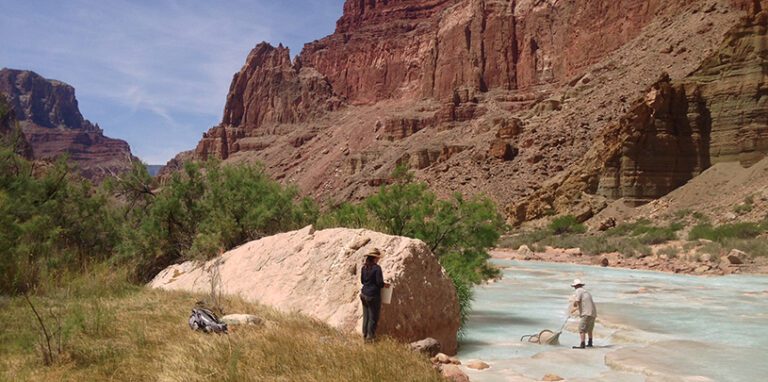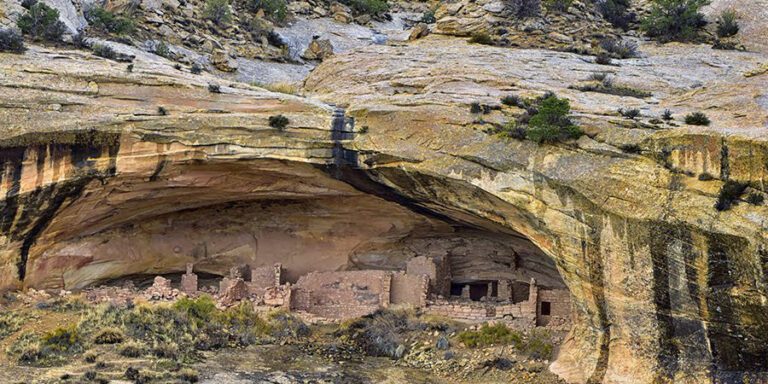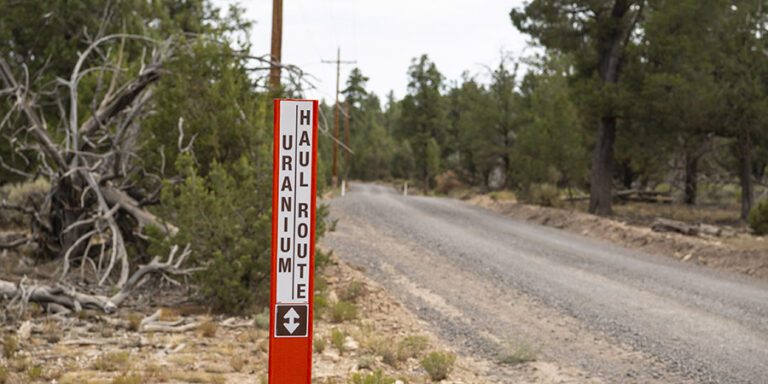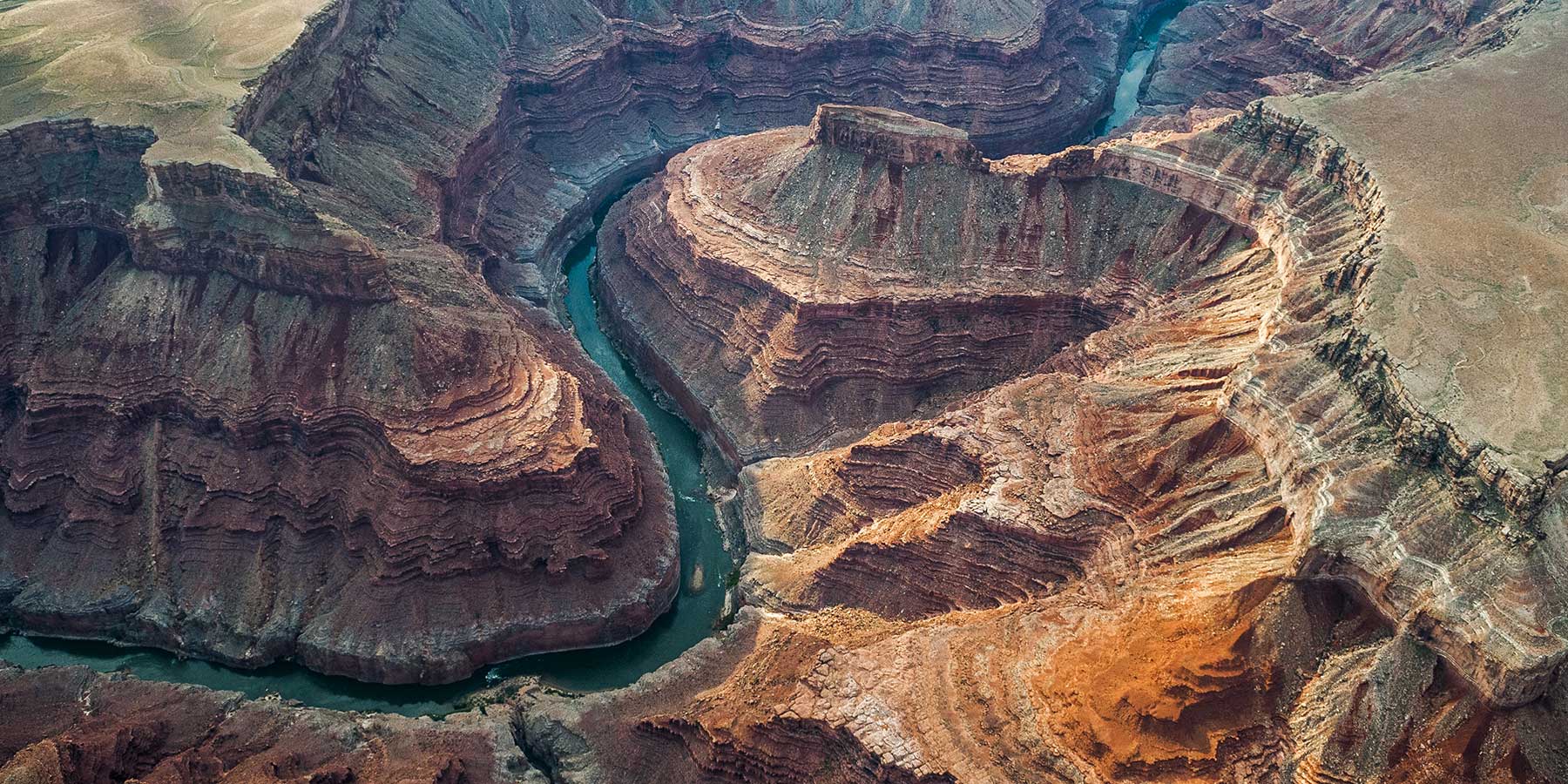
Our Work
We are your steadfast advocates for the Grand Canyon and beyond.
The Grand Canyon Trust is committed to protecting the Southwest’s lands, waters, air, and wildlife.
Colorado Plateau conservation We scale our work to match the size and grandeur of the Grand Canyon
Protecting vast landscapes, expansive skies, and grand vistas demands a forward-thinking approach to conservation.
At the Grand Canyon Trust, we set big goals and bring laws, policies, public pressure, science, and traditional knowledge to bear on the most pressing issues across Arizona, Utah, Colorado, and New Mexico.
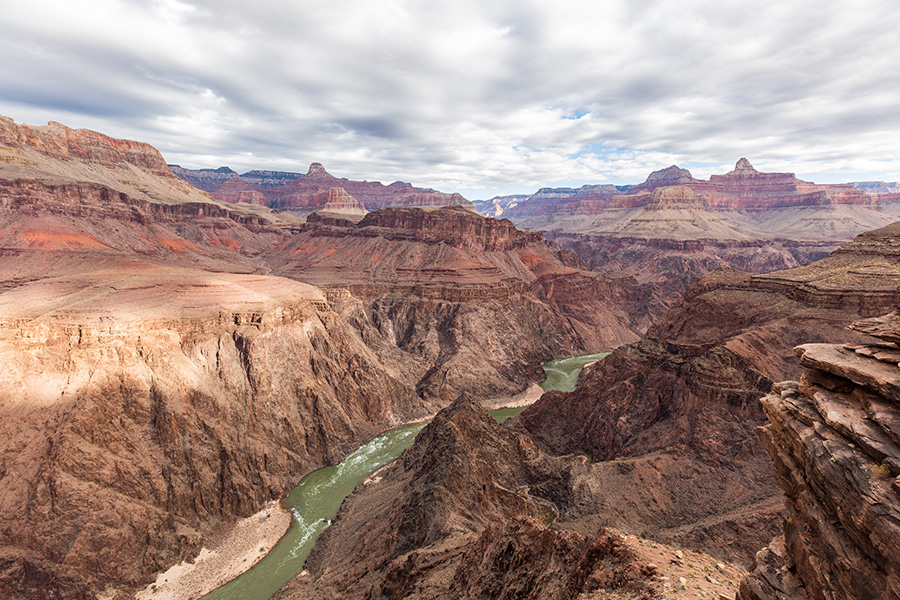
Protect the Grand Canyon
We protect the Grand Canyon’s clean air, scenic vistas, and flowing waters from threats like uranium mining, dams, and unsustainable developments.
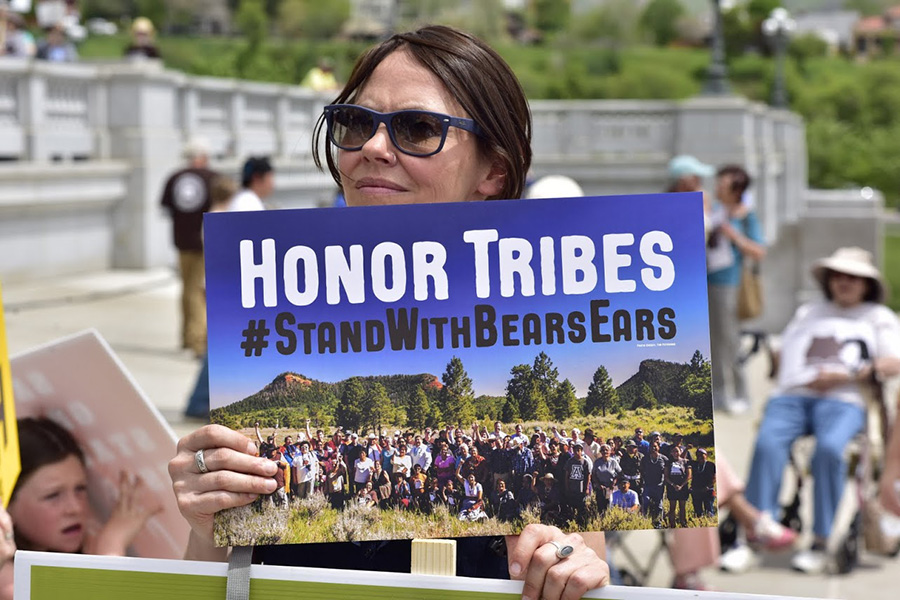
Stand up for national monuments
We advocate for better protections of our nation’s cultural landscapes. When national monuments are on the line, we step up to defend them.

Support Native communities
Partnerships with Native communities form the cornerstone of the Trust’s work. Communities set their priorities; we follow their lead.
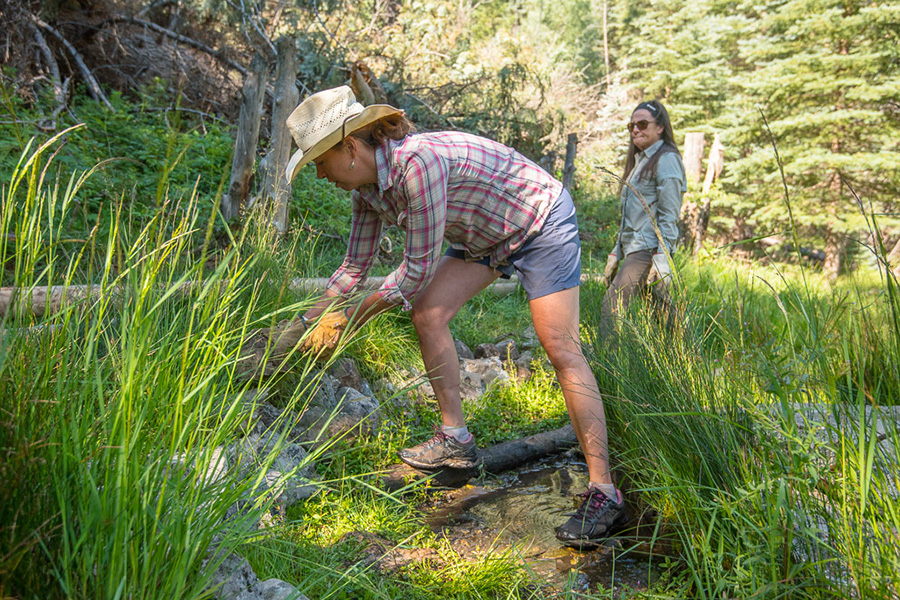
Restore habitats
We restore healthy habitats for native species with volunteers. We pull weeds, restore springs, and build fences so that plants and animals can thrive.
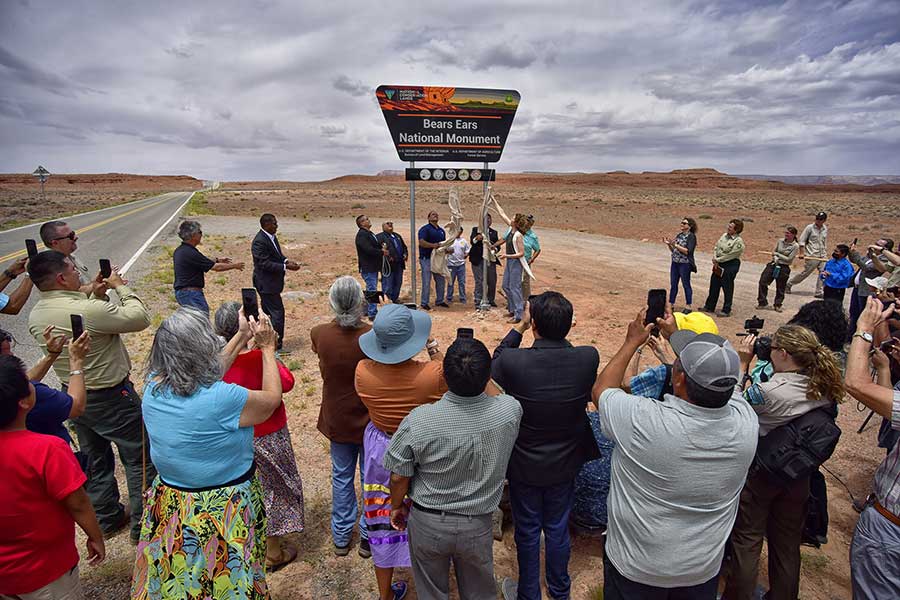
Respect tribal sovereignty
We support tribal leadership, stand behind tribes, and amplify Indigenous voices on environmental and social justice issues.
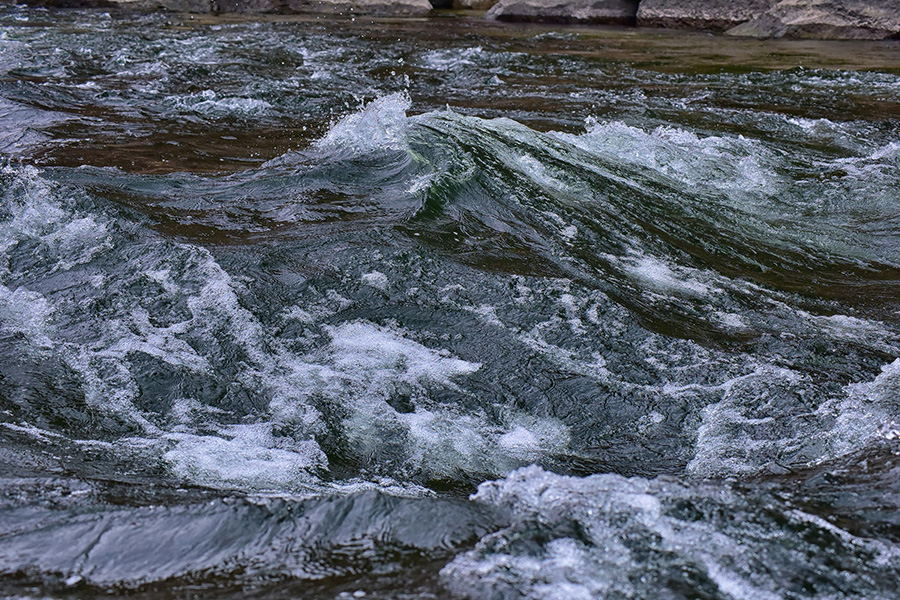
Sustain the Colorado River
The Colorado River is overtapped. We advocate for smarter water policy to sustain its flows through the Grand Canyon.

Invest in young leaders
We offer budding activists opportunities to hone their skills and connect with changemakers across the Southwest.
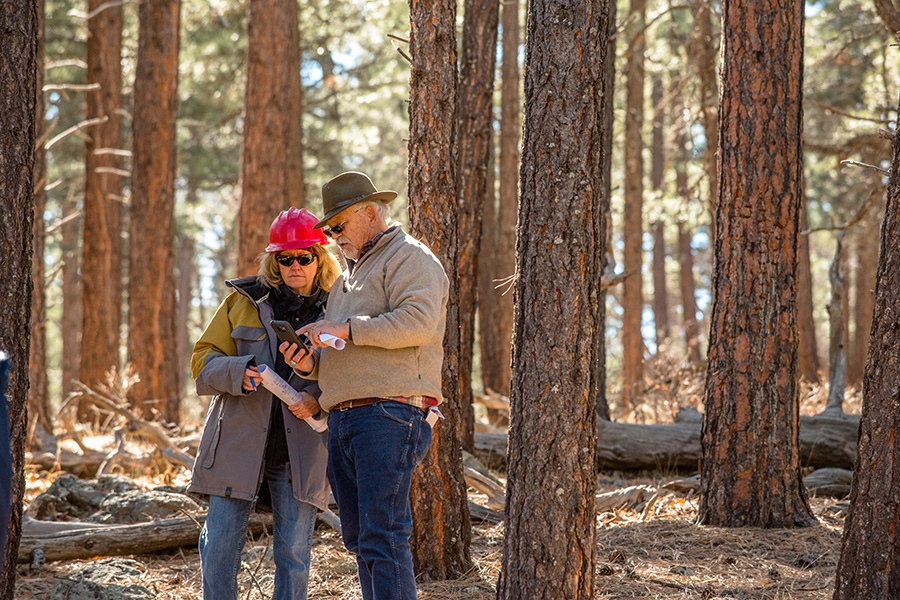
Reduce risk of severe wildfires
We help lead large-scale forest restoration in Arizona to safeguard communities and wildlife from catastrophic fires.
Where we work
The Grand Canyon sits at the heart of the Colorado Plateau, a region full of national parks, monuments, and millions more acres of spectacular public and tribal lands.
The Colorado Plateau is home to many Native American tribes whose cultures, traditions, and teachings continue to shape the region today.
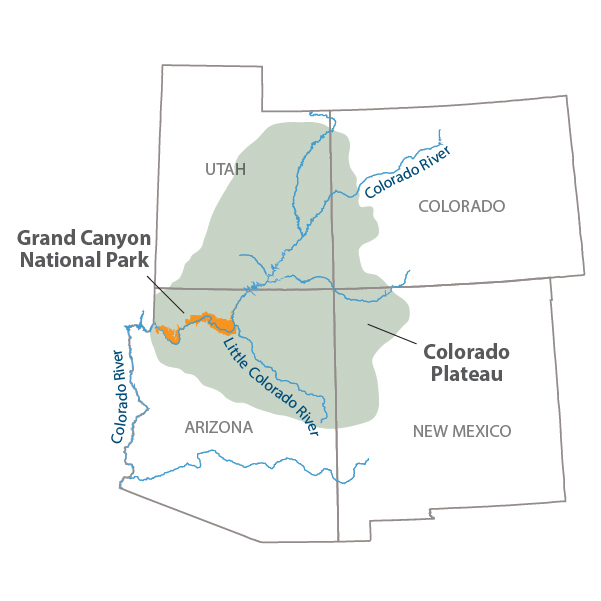
Colorado Plateau by the numbers
We recognize that the Colorado Plateau is Indigenous land and that the Western conservation movement has historically excluded the voices of Indigenous peoples who have practiced land stewardship since time immemorial.
We work alongside and in support of tribes and Native communities as they build equitable economies, protect their sacred landscapes, and reclaim authority to manage their ancestral lands.
The Grand Canyon needs you
Deep in the American Southwest, there is a desert cathedral that stretches for almost 300 miles. If we can’t protect the Grand Canyon, then what are we willing to protect?
Our approach
The Grand Canyon Trust is a regional conservation organization grounded in the Southwest, working tirelessly since 1985 to protect its slickrock canyons, precious waters, and forested mesas, while supporting the rights of its Native peoples.
Science
Good policy is based on good science. We work with researchers, agency partners, and volunteers to field-test conservation strategies.
Law and policy
Our legal team pushes back against mining companies, government agencies, and developers to protect public and environmental health.
Partnerships
Our best work is done in partnership with local communities, grassroots groups, scientists, ranchers, local business owners, and many others.
People power
We rely on advocates across the country to lend their voices, hearts, and time to help us protect the Colorado Plateau.
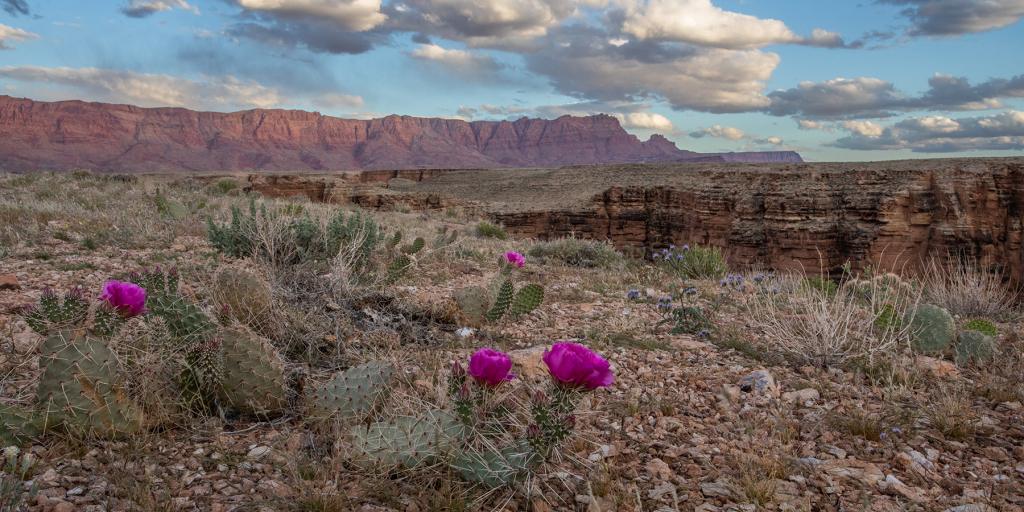
“We’re succeeding not because we’re brilliant, but because we have been dogged and persistent and always there. We assemble facts and make the case.”
Ed Norton
first Grand Canyon Trust president
The Southwest faces unprecedented threats
Climate change, uranium mining, severe wildfires, livestock grazing, dams, and unsustainable development threaten the integrity of our lands, waters, and communities.
Support long-term solutions to protect the landscapes you love.
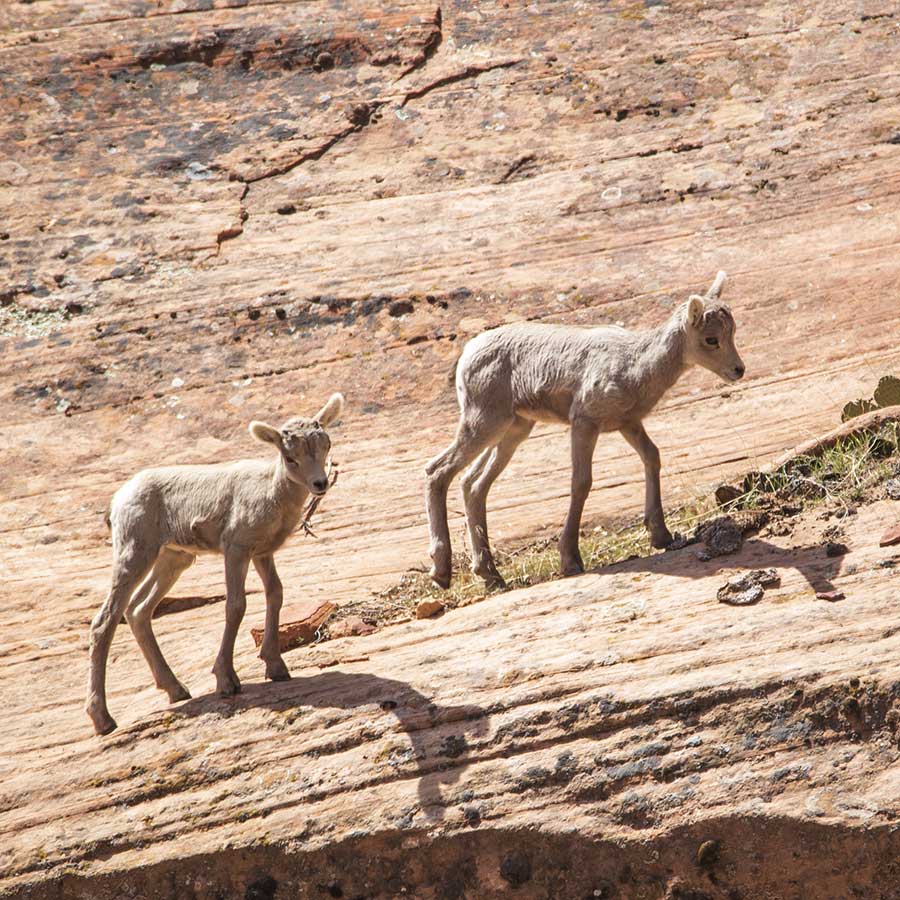
Knowledge is power
Sign up to receive action alerts, volunteer opportunities, conservation news, and more.
Stories from the field
